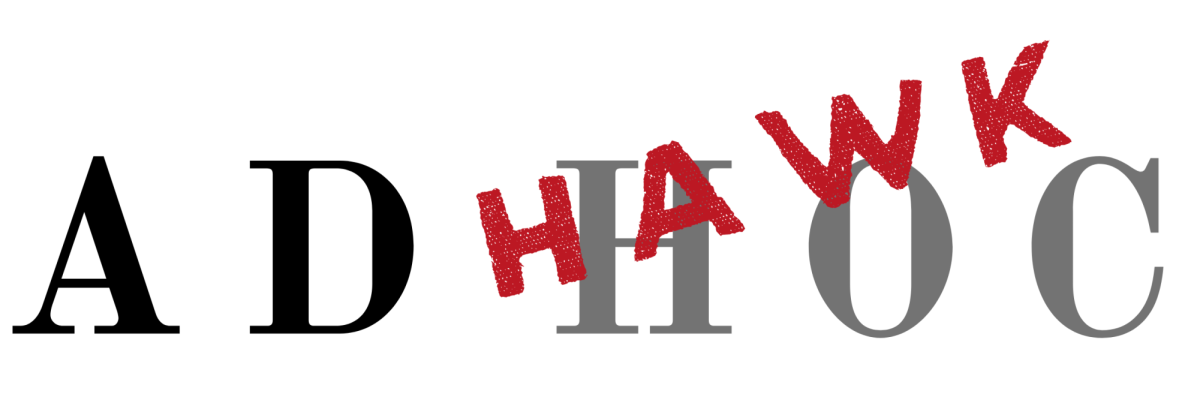How well does St. Joe’s current mission statement align with our university? If we decide to revise it, I suggest that we include a pledge to search for greater truth about ourselves and our world.
We need such a pledge because we confront an eruption of lies, propaganda, rumors and conspiracy theories about crucial scientific, cultural, political and economic questions. We also need this pledge because the ratings-hungry, truth-obstructing priorities of competing news sources and social media platforms have made a cleaner, healthier, fairer and less hate-filled planet so much harder to attain.
Our present mission statement promises to “prepare students for personal excellence, professional success and engaged citizenship” in “an inclusive and diverse community that educates and cares for the whole person.” It also “encourage[s] and model[s] lifelong commitment to thinking critically, making ethical decisions, pursuing social justice and finding God in all things.” To fulfill these promises in today’s environment, we must ground them in the most accurate and objective understanding we can reach about our past conditions, present circumstances and future possibilities. Doing so will encourage the university’s departments to explore how best, within their own disciplines, to “model” a “lifelong commitment to” discovering the greatest degree of truth possible.
As philosopher Maurizio Ferraris notes in his book “Manifesto of New Realism,” if we cease searching for the most truthful accounts of our problematic globe, only the narratives of the most powerful will prevail, as in Aesop’s fable of the wolf, the lamb and the stream. Rather than give up on truth, we
should pursue what intellectual historian Ian Hunter, in his article “The Mythos, Ethos, and Pathos of the Humanities,” calls “fallibilistic objectivity,” which does not presume to have the final say but is open to continual testing and improving.
By explicitly committing in the mission statement to the pursuit of greater truth, St. Joe’s can better achieve the “rigorous, student-centered education rooted in the liberal arts” we promise to deliver.
Richard Haslam, Ph.D., is an associate professor of English.















































